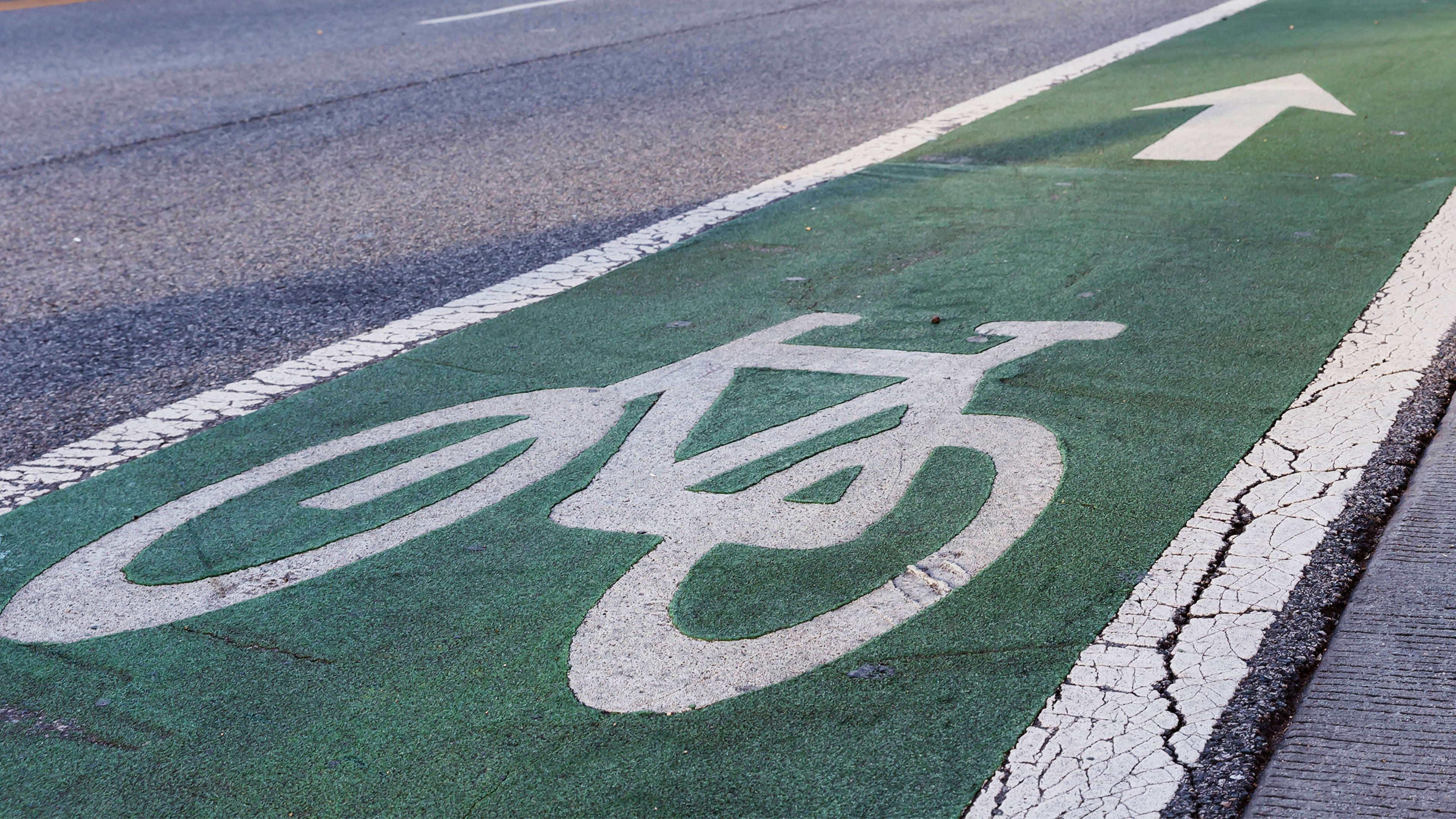In most cities in the U.S., less than 2% of the population regularly commutes or gets around by bike. So attempts on the part of activists or local policymakers to advocate for more cycling infrastructure, like protected bike lanes, often hit a brick wall: Why should a city invest in something that only a small fraction of the population will benefit from?
That logic, as it turns out, is flawed. Of course, good bike infrastructure directly aids cyclists, but a new study from the University of Colorado Denver finds that it also creates ripple effects that benefit everyone in the city–by significantly lowering road fatalities for drivers and pedestrians, as well.
“Bicycling-heavy cities are some of the safest cities around,” says study co-author Wesley Marshall, professor in the College of Engineering, Design, and Computing. This is not because bicycling in itself is inherently safer–by the fatality numbers, public transit is the safest way to get around, and driving is estimated to be safer than cycling on a deaths-per-mile basis. But Marshall and his co-author Nicholas Ferenchak, professor at the University of New Mexico, argue that it’s the infrastructure that cities are building to support and protect cycling that’s creating a safer situation on the roads for everyone.
Looking back at 13 years of data from 12 large U.S. cities with relatively high cycling rates, including Denver, Portland, Seattle, and Chicago, the researchers analyzed the annual road fatality rate overall against the numbers of people cycling, and the amount of bike infrastructure the cities built. Overall, controlling for all other factors, the cities with the most protected bike lanes and infrastructure had 44% fewer road fatalities–including driver, pedestrian, and cyclist deaths–than other cities.
The 12 cities in the report have all dramatically grown their bike infrastructure networks in the past several years: Portland now has 385 miles of bikeways and plans to install 95 more in the next five years, and Minneapolis has well over 300 miles of lanes, including a completely car-free Greenway that hosts over 4,000 cyclists a day. These improvements have also tracked with a spike in cycling uptake. Between 1990 and 2010, Portland’s cycling mode share grew from 1.2% to over 6%, and road fatalities in the city dropped 75% in the same time frame. in San Francisco, where cycling rates improved from 1% to 3.3%, road fatalities dropped by half.
The reason for this, Marshall says, is that cycling infrastructure has the effect of calming traffic on streets. (Note that this applies only to good, protected infrastructure: Sharrows, which are just painted indicators on otherwise-unaltered roads, can make conditions more dangerous for cyclists). Often, adding a protected bike lane means removing a lane of traffic from a road, which curtails erratic lane changing and promotes driver safety. Good, separated bike lanes also require cars to take wider and more cautious turns at intersections, which protects cyclists and pedestrians. Marshall also points out that as these infrastructure improvements roll out and safety, or even just the perception of safety, improves, more people might start cycling, which in turn puts pressure on cities to add even more and better infrastructure. Especially in the context of Vision Zero, the global initiative to end traffic fatalities in cities, the importance of good cycling infrastructure for reducing fatalities in cities can’t be overstated.
Recognize your brand’s excellence by applying to this year’s Brands That Matter Awards before the early-rate deadline, May 3.
